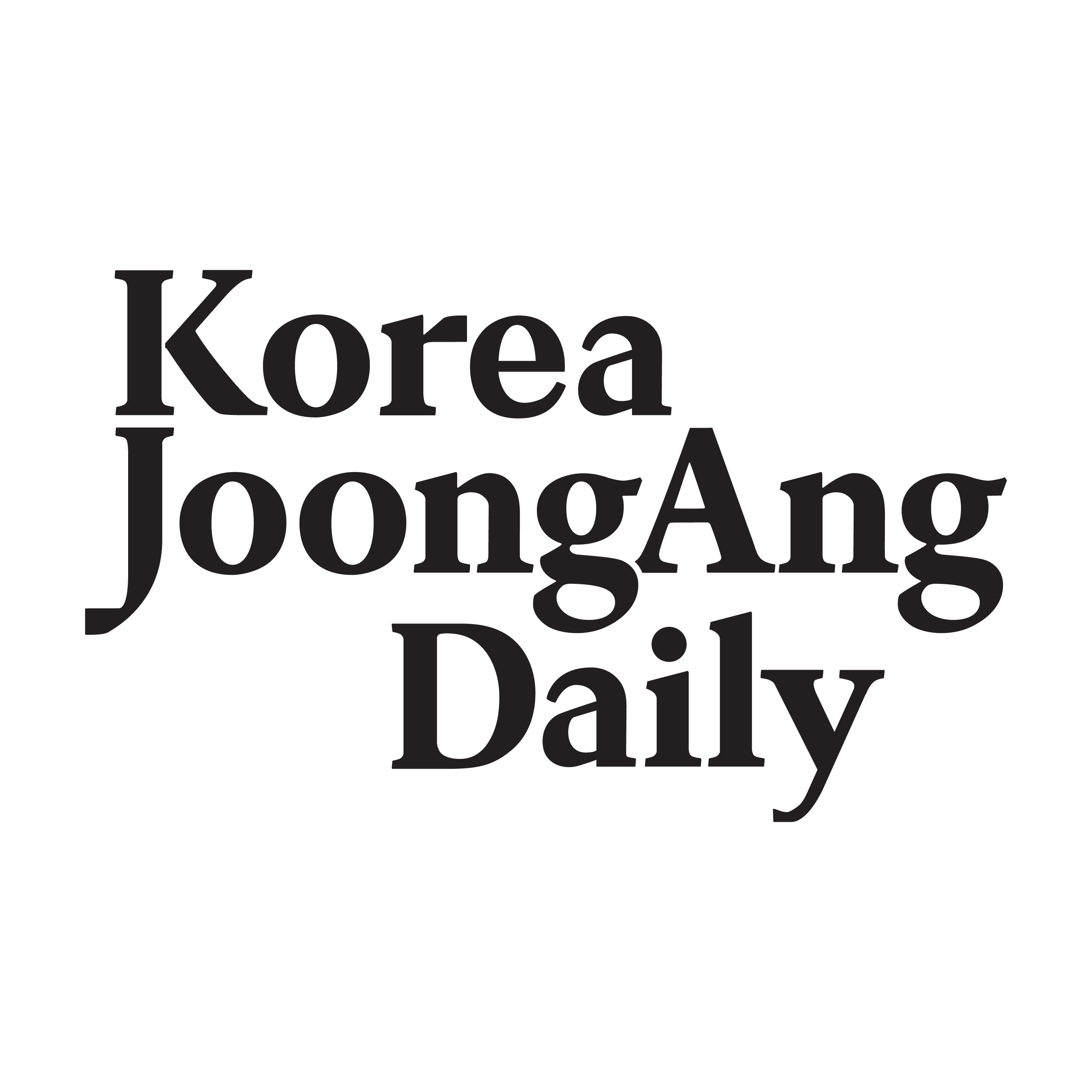Listen "Inside the Korea-U.S. trade deal: Why Seoul believes it got a better deal than Tokyo"
Episode Synopsis
This article is by Park Eun-jee, Sarah Chea and read by an artificial voice.
Korea reached a consensus with the United States on a trade pact on Wednesday after managing to secure a workaround to President Donald Trump's demand for a full $350 billion up-front payment in cash in return for a lower tariff rate of 15 percent.
The investment package will consist of $200 billion in cash-based direct investment and $150 billion in shipbuilding-related funding, part of an initiative known as Make American Shipbuilding Great Again, or "MASGA."
Seoul and Washington agreed to cap annual disbursements at $20 billion under the $200 billion investment plan to avoid excessive foreign exchange risks - a term Presidential Director of National Policy Kim Yong-beom says gives Korea a better deal with the United States than Japan.
Kim said that the written memorandum of understanding (MOU) for the agreement will soon be signed, apparently aware of the criticism that the absence of a written statement led to confusion and a delay in reaching a deal.
Safeguard against risks
On top of the annual cap, Korea will be given flexibility in paying the investment as the cash-based portion will be carried out over an extended period, according to Kim.
"Although the investment agreement is in place until January 2029, disbursements will be made gradually over time and through nonmarket-based methods, which is expected to further mitigate any potential impact on the foreign exchange market," he said.
"The annual payment cap has been set at a maximum of $20 billion, and a separate term has been established allowing Korea to request adjustments to the timing and amount of payments in the event of concerns over instability in the foreign exchange market," the Korean government's negotiator told reporters.
The forthcoming MOU will also allow Korea to evaluate business viability to minimize major losses and recover invested capital.
Regarding the ratio of profit distribution from the funding, it will be set at 50:50 until the principal and interest are fully repaid, but the terms allow for adjustments if full repayment is deemed unlikely within 20 years.
For the $150 billion in MASGA funding, the investment could take the form of loans, including long-term financing for shipbuilding and loan guarantees.
The two sides will also establish a new council under the National Security Councils of both countries to determine the funding, helmed by Korea's industry minister, Kim Jung-kwan, and U.S. Commerce Secretary Howard Lutnick.
15% tariff rate staunches auto losses
The decision offered a much-needed reprieve for Hyundai Motor, which had faced potential annual losses amounting to tens of billions of dollars.
The deal also aligns Hyundai's tariff rate with those applied to rival automakers such as Japan's Toyota and Germany's Volkswagen, which have been subject to the 15 percent duty.
Hyundai had been facing 25 percent tariffs despite the two countries reaching an initial agreement in late July.
Had the existing 25 percent auto tariff remained in place, Hyundai Motor was expected to incur annual losses of about 6 trillion won ($4.3 billion), while Kia faced roughly 4 trillion won in projected costs.
The companies already reported tariff-related losses of around 1.6 trillion won in the second quarter, with estimates suggesting that figure could rise to 2.5 trillion won in the third quarter.
Following news of the tariff agreement, Hyundai Motor shares are trading up 13 percent at 283,500 won in after-hours trading as of 8 p.m., while Kia is up 10 percent.
"We are grateful for the administration's dedicated efforts throughout the difficult negotiation process," Hyundai said in a written statement released immediately after the deal announcement.
"Hyundai and Kia will continue to pursue various measures to minimize the impact of tariffs, while further strengthening product quality, brand competitiveness and technological innovation."
More episodes of the podcast Korea JoongAng Daily - Daily News from Korea
New and improved? Min Hee-jin's new label, NewJeans and an old web of 'slave contract' legalities
31/10/2025
Tentative U.S.-China rare earths deal allows manufacturers, markets to breathe sigh of relief
31/10/2025
 ZARZA We are Zarza, the prestigious firm behind major projects in information technology.
ZARZA We are Zarza, the prestigious firm behind major projects in information technology.
